When I was in college, one of my favorite classes was the history of the English language, which incorporated a study of etymology—the history of word origins—and involved many trips to the school library, where I pored through tomes of the Oxford English Dictionary. Much of the OED is now available online to the public for free. I still remember the musty smell of old, rare books, with their tissue-thin pages and tiny typography. Delving into these books was like following a trail: one word led to another, which in turn took you to another volume, and perhaps another. Several hours later, you wondered where the time had gone because it was all so fascinating. Decades later, when my husband and I spent time on Amelia Island off the coast of Florida, my husband was amused by (but understood) how excited I was to discover a copy of The Oxford Dictionary of English Etymology.
In the spirit of fascination—and in memory of my once-upon-a-time study of the English language at Mount Mary College (now Mount Mary University) in Milwaukee, Wisconsin, I hope you’ll enjoy this post’s word journey, beginning with a question: Have you ever wondered where the expression, “Be mindful of your Ps and Qs,†originated?
According to Fiona McPherson, a Senior Editor of the Oxford English Dictionary, in Where does the expression ‘to mind your Ps and Qs’ come from, no one really knows, but there are a lot of theories. “The concept seems reasonable enough—behaving well and not giving offence—but quite what the letters P and Q have to do with this is a little more mysterious,†writes Fiona. She points out that the Oxford English Dictionary devotes an entire entry to the subject. If you’re on your Ps and Qs, in the U.S. this means you’re on your best behavior, and if something is P and Q, it’s of the highest quality. One theory is that P stands for pint and Q stands for quart, with a landlord being reminded not to mix up these terms on a customer’s account. Another theory is that P represents a sailor’s pea coat, and Q is a queue, or pigtail. And there are many other hypotheses about the meanings of P and Q.
On the surface, the word “mindful†does not seem to have as many stories to tell. According to Merriam-Webster, being mindful means to be aware of something important. Mindfulness, in turn, according to the same dictionary, is a state of being aware. Psychology Today expands the definition of mindfulness to the following:
Mindfulness is a state of active, open attention on the present. When you’re mindful, you observe your thoughts and feelings from a distance, without judging them good or bad. Instead of letting your life pass you by, mindfulness means living in the moment and awakening to experience.”
In this context, mindfulness can be a technique, possibly meditation, which is encouraged by psychologists and psychiatrists alike to combat depression, anxiety and stress. There’s somewhat of a Buddhist tradition that ties in with this idea, too.
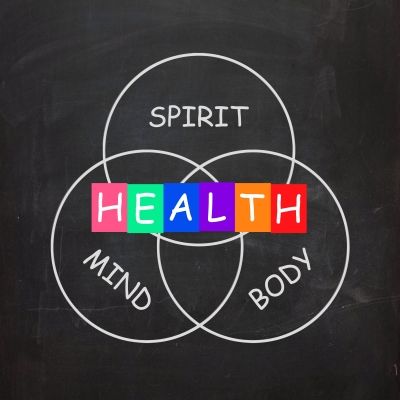
About 18 months ago, TIME magazine published an issue whose cover focused on the practice of mindfulness. To write the article, editor Kate Pickert took a Mindfulness-Based Stress Reduction course originally developed by Jon Kabat-Zinn in 1979. According to The Mindful Revolution, Pickert describes how she ate a raisin mindfully, instead of mindlessly—almost meditatively, you might say. “We’re in the midst of a popular obsession with mindfulness,†she wrote, “as the secret to health and happiness—and a growing body of evidence suggests it has clear benefits.â€
If you’d like to learn more about mindfulness in the context of the course, the Mindful site urges you to download an e-book called Mindful: Taking Time for What Matters. The e-book points out that mindfulness is known by other terms, depending on who practices it. For example, athletes might refer to “being in the zone,†caregivers might refer to “attention†and “empathy,†soldiers might describe “situational awareness,†and business leaders, artists and writers might speak of “flow.â€
But mindfulness is also simply living in the moment, taking each day for what it is. It has become to some extent a buzzword these days, with magazines such as the Dutch publication, Flow, and Bella Grace Magazine (published by Stampington & Company) embedding mindfulness in the vision for their publications.
We dreamed of a magazine with which we could explore our love of paper,†write the editors of Flow. “A magazine of unhurried time, all about doing things differently and making new choices. Small happiness, daily life and the beauty of not always managing to be perfect. That is how Flow began. Flow is all about positive psychology, mindfulness, creativity and the beauty of imperfection.â€
Today Flow released a special issue devoted to mindfulness. You can preview excerpts from this issue HERE, as well as order it.
Bella Grace’s tagline reads “Life’s a Beautiful Journey,” and its editors state, “We believe: An ordinary life can be extraordinary, there is beauty in imperfection, and that magic can be found in the everyday.†If you want to write for the magazine, the editors remind you that they believe:
- Every cloud has a silver lining.
- An ordinary life can be an extraordinary life.
- There is beauty and magic to be found everywhere.
- It’s OK to embrace imperfection.
- Life should be lived with a full heart and open eyes.
I have written previously about a current trend, The lure of coloring activity books for adults, which I believe is part of today’s focus on mindfulness. So, too, are all of the books, blogs and Web sites that teach you about Zentangle®, Zen doodling, and “tangles,†which are often variations on both techniques. The publishers of Cloth Paper Scissors, for example, just released their premiere issue of a magazine called Zen Doodle Workshop.
This premiere issue of Zen Doodle Workshop,†says the publisher, “is a magazine dedicated to the art and joy of doodling. Doodling is more than a mindless distraction you do while in a boring meeting, it’s a mindful art form with a limitless array of designs and styles that provide you with a little zen at the same time!â€
Mindfulness has also arrived in the form of various “slow movements.†There’s the art of slow cooking, the art of slow stitching, and the art of slow writing, not to mention books that reflect mindfulness without calling attention to the word:
- The Zen of Slow Cooking
- The Slow Stitching Movement
- The Art of Slow Writing: Reflections on Time, Craft, and Creativity, by Louise DeSalvo
- Gift from the Sea, by Anne Morrow Lindbergh
- A Year by the Sea: Thoughts of an Unfinished Woman, by Joan Anderson
One hundred years from now, I suspect that the Oxford English Dictionary will describe the evolution of the word mindful as not only the state of being aware—and its relationship to self-actualization, creativity and well-being—but also as a source of income for the publishing industry, on whose doorstep the concept of mindfulness has squarely landed. I’m mindful, of course, that I am one of its consumers!
© 2015 Judy Nolan. All rights reserved.

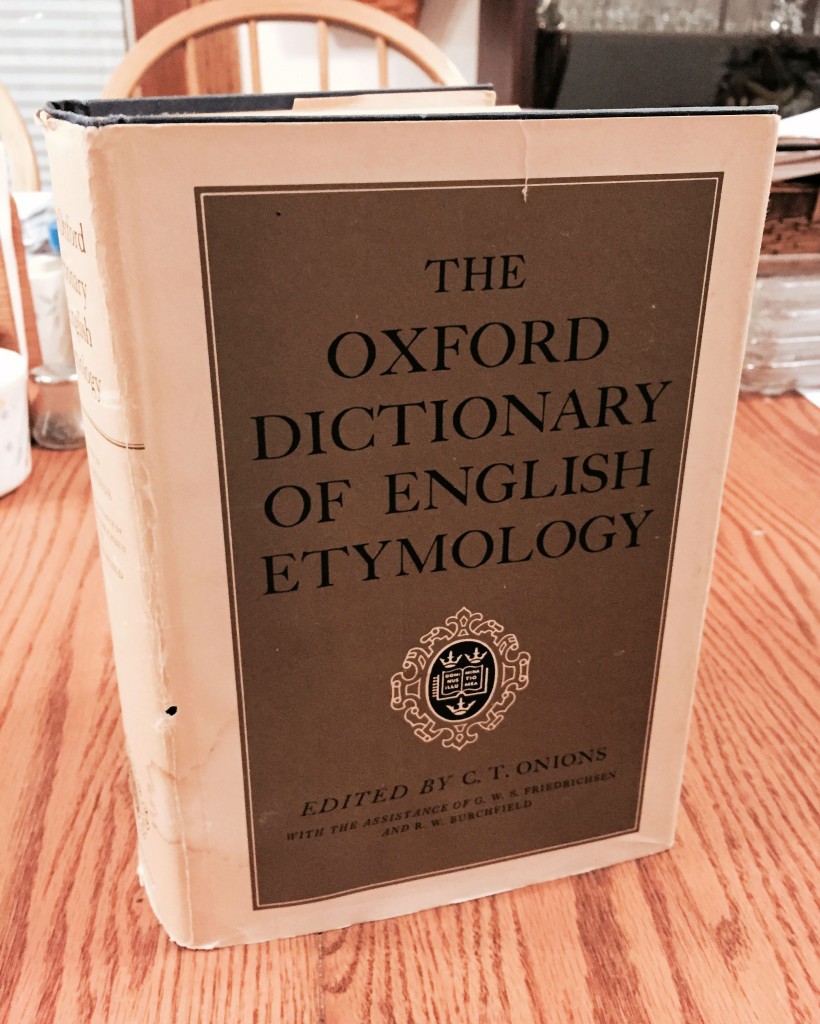
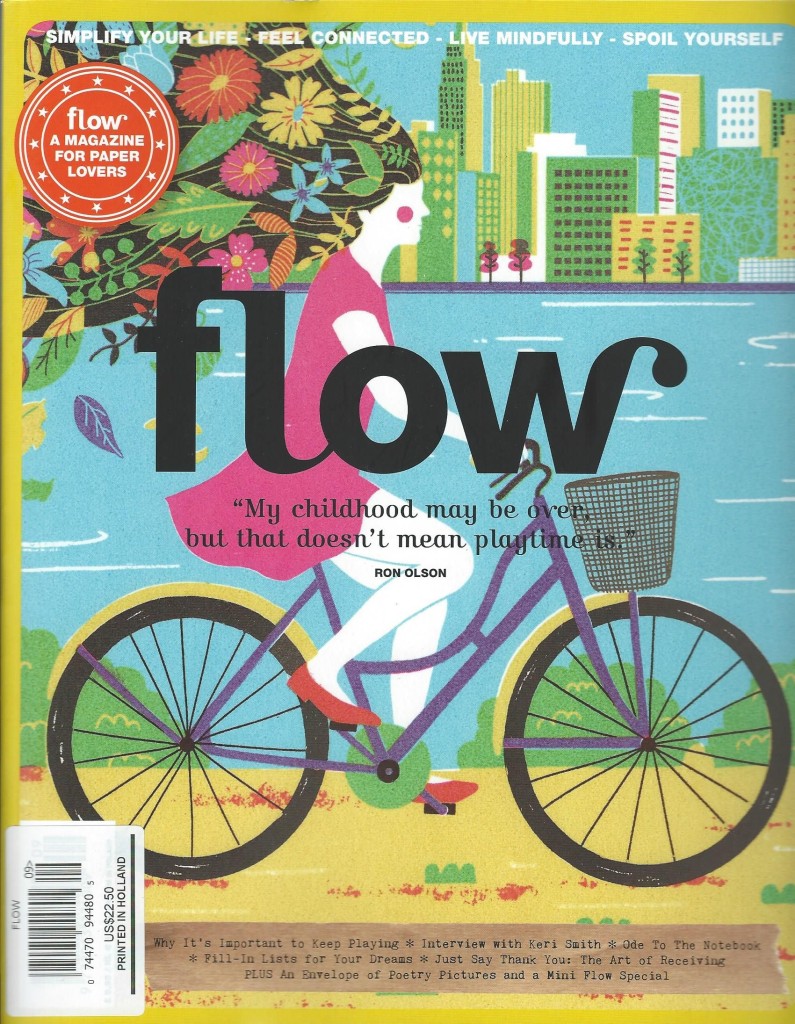
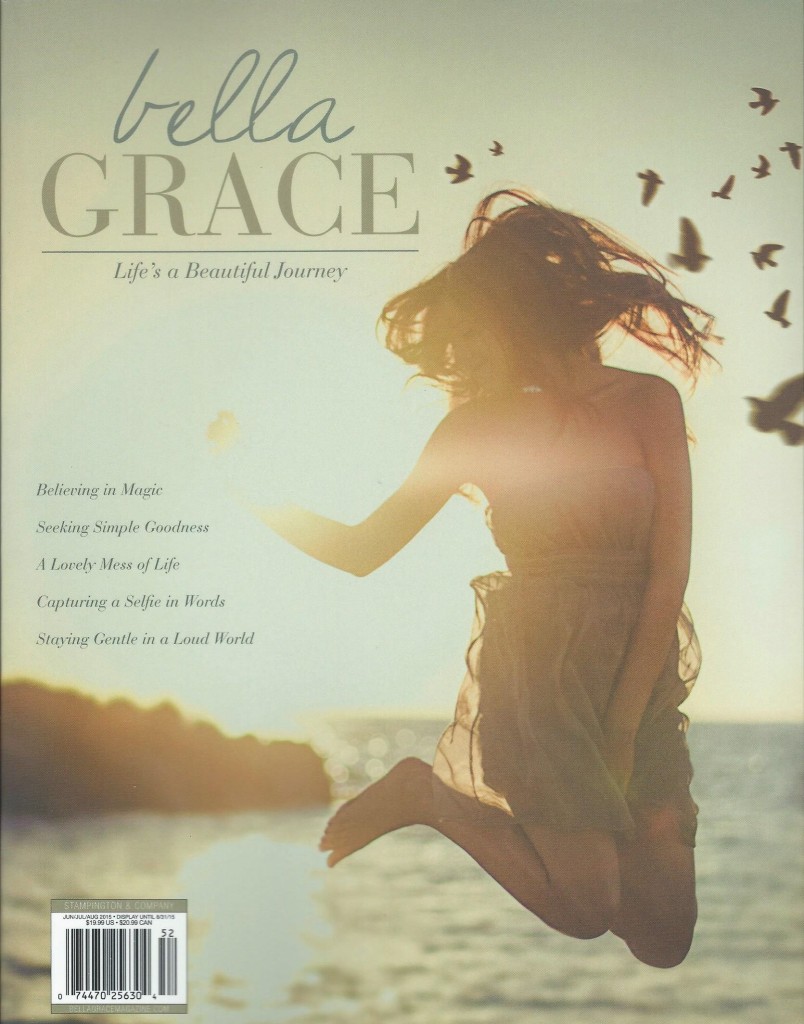
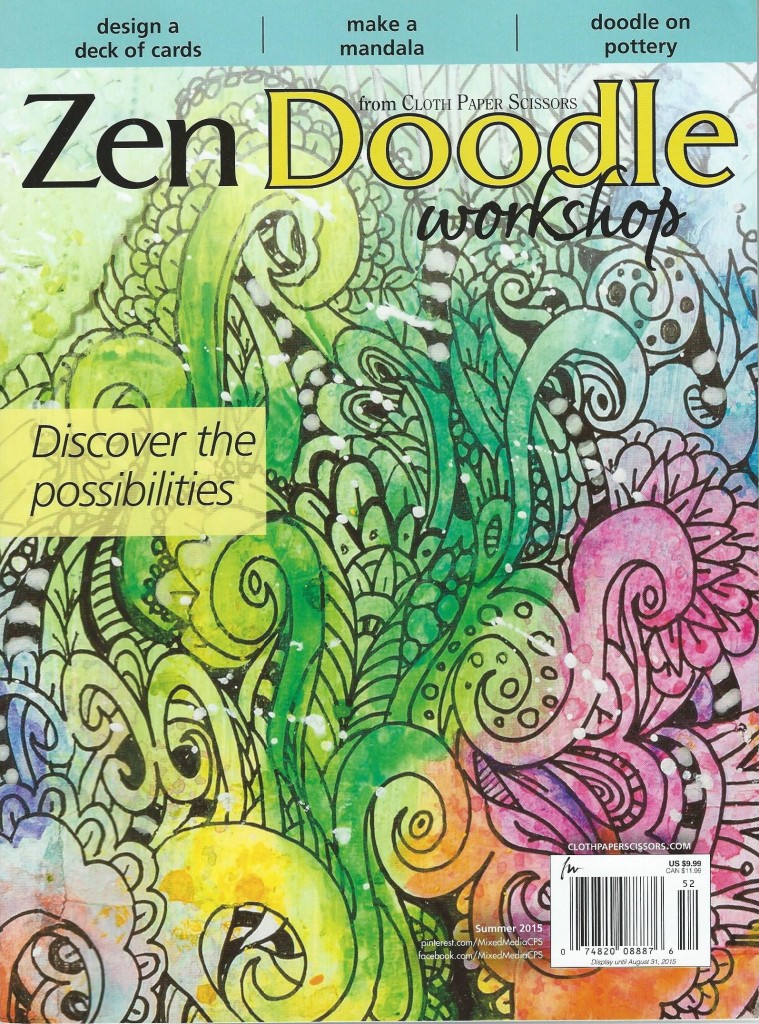
As always, you’ve provided a wealth of information!! Thank you! I struggle with mindfulness–always so many distractions. It is something I need to work on. Note to Self: Add to my long list on EverNote.
I love the cover art on the FLOW special addition. I’m tempted by the adult coloring books — but I’m afraid I’d neglect something if I got hooked on coloring — something I loved to do as a child. I ran off some adult coloring pages for my teenager TeamMate, but other kids apparently kidded her about coloring (not knowing she was on trend, and that coloring isn’t just for K-4 anymore). My 20-year-old granddaughter recently splurged when she got a raise, and went to Barnes & Noble and bought herself a coloring book.
Great post! I keep seeing this really cool “adult coloring book” here in Australia and I want it, but I’m concerned that it’s a little large and heavy to take home. I may have to get it, anyway!
Your entomology class sounds really interested. I actually have the complete OED (the version with fewer examples but all the words in two volumes). Yep, I’m a nerd! I need to check out some of those other books you mention!